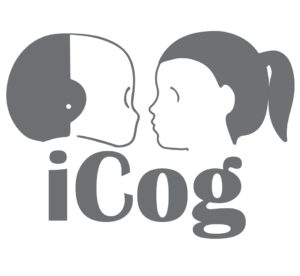

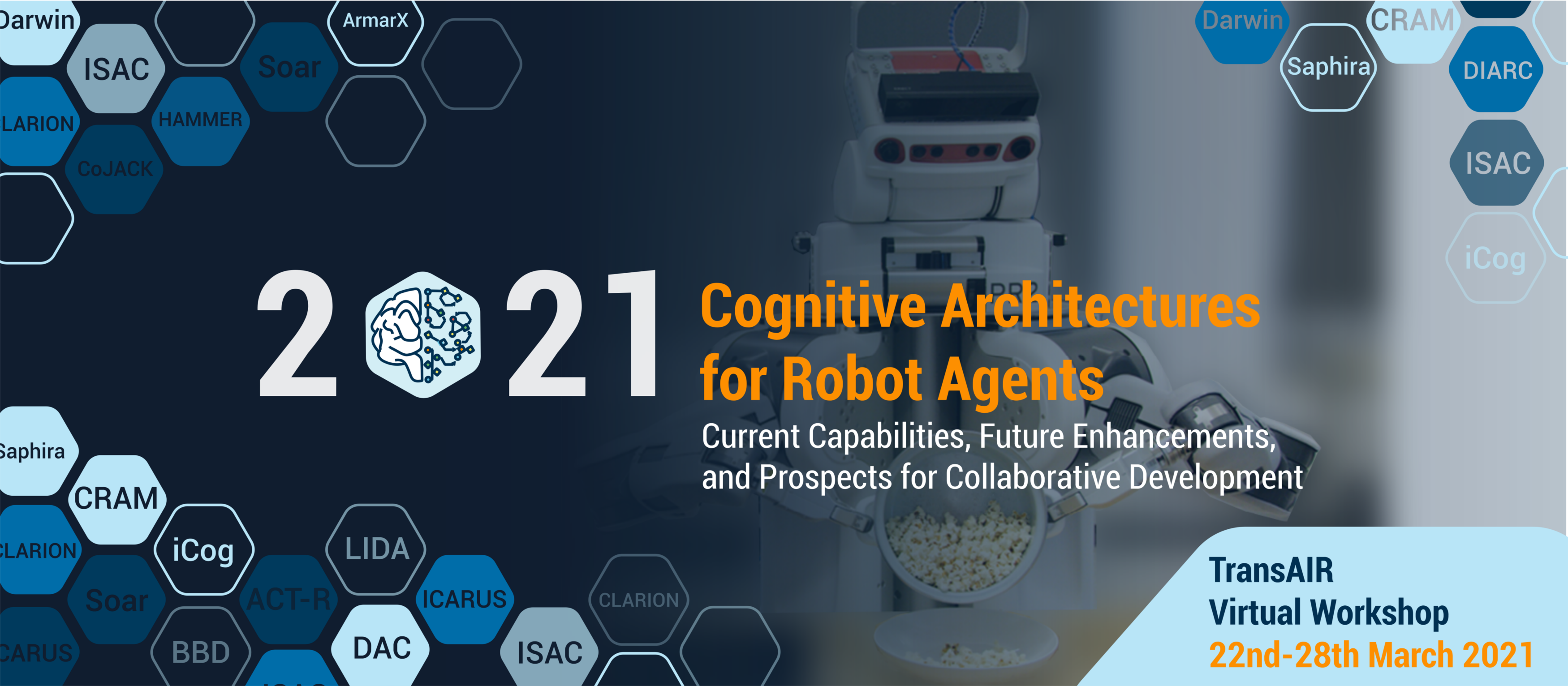
This TransAIR workshop will bring together leading experts to address the challenges of developing cognitive architectures for robot agents. The primary goal of the workshop is to open a discussion on possible interdisciplinary collaborations and the identification of prospects for collaborative development, ideally in an open-source open-systems framework.
The agenda will contain discussions on what can be done in practice today, the innovations we can expect in the short term, and the advances that require longer-term research. We will also address the possibility of community-wide collaboration for consolidating operational cognitive architectures through joint development and common frameworks or interfaces. Invited experts will illustrate current capabilities by making reference to practical demonstrations of robot applications using their own cognitive architecture or their cognitive architecture of choice.
The workshop addresses a wide range of topics in cognitive architectures for robot agents, particularly addressing:
The workshop brought about 300 Attendees from around the world, Click here to see the summary of the event.
To download the brochure to our workshop “Cognitive Architectures for Robot Agents” click here.
Date: 22nd – 28th March 2021
Time: Due to the virtual workshop format and the attendance of international audiences, we will schedule live sessions from 9:00 a.m. – 12:00 p.m. Eastern Daylight Time (EDT) / 2:00 p.m. – 5:00 p.m. Central European Time (CET).
Venue: opens 21st March 2021 (24hrs before workshop begins).
Register (closed) Access Venue (closed)
![]()
![]()
![]()
![]()
Late registration: During the workshop week within the main three-hour session slots from 9:00 a.m. to 12:00 p.m. EDT / 2:00 p.m. to 5:00 p.m. CET, you can expect up to 10 mins delay between a successful registration and granting access to the venue.
Due to the uncertainties surrounding the COVID-19 pandemic and to ensure the well-being of participants, the workshop will be held virtually.
We will use a virtual venue tool to offer a complete virtual workshop experience where you can customize your virtual avatar, explore the workshop by walking around the venue, watch the invited talks, join the live Q&A and panel discussions or have group conversations while enjoying the virtual coffee break or private conversations.
Leading experts are brought together to present their research and perspectives on the topic of the workshop.
We have an excellent line-up (in alphabetical order by surname):

Yiannis Aloimonos, University of Maryland: Minimalist Cognitive Architectures (Video)

Minoru Asada, Osaka University: Affective Architecture: Pain, Empathy, and Ethics (Video)
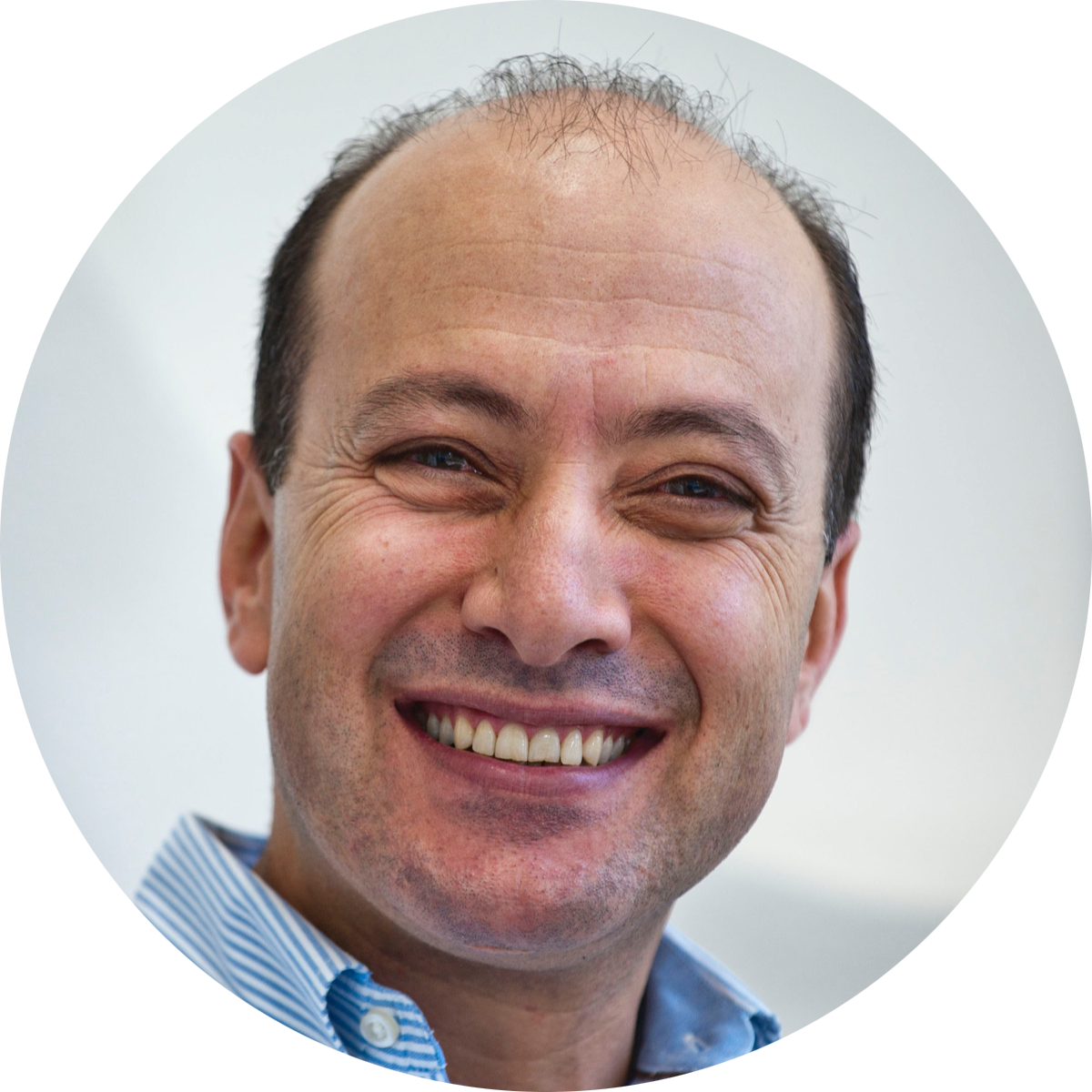
Tamim Asfour, Karlsruhe Institute of Technology: ArmarX – A Robot Cognitive Architecture (Video)
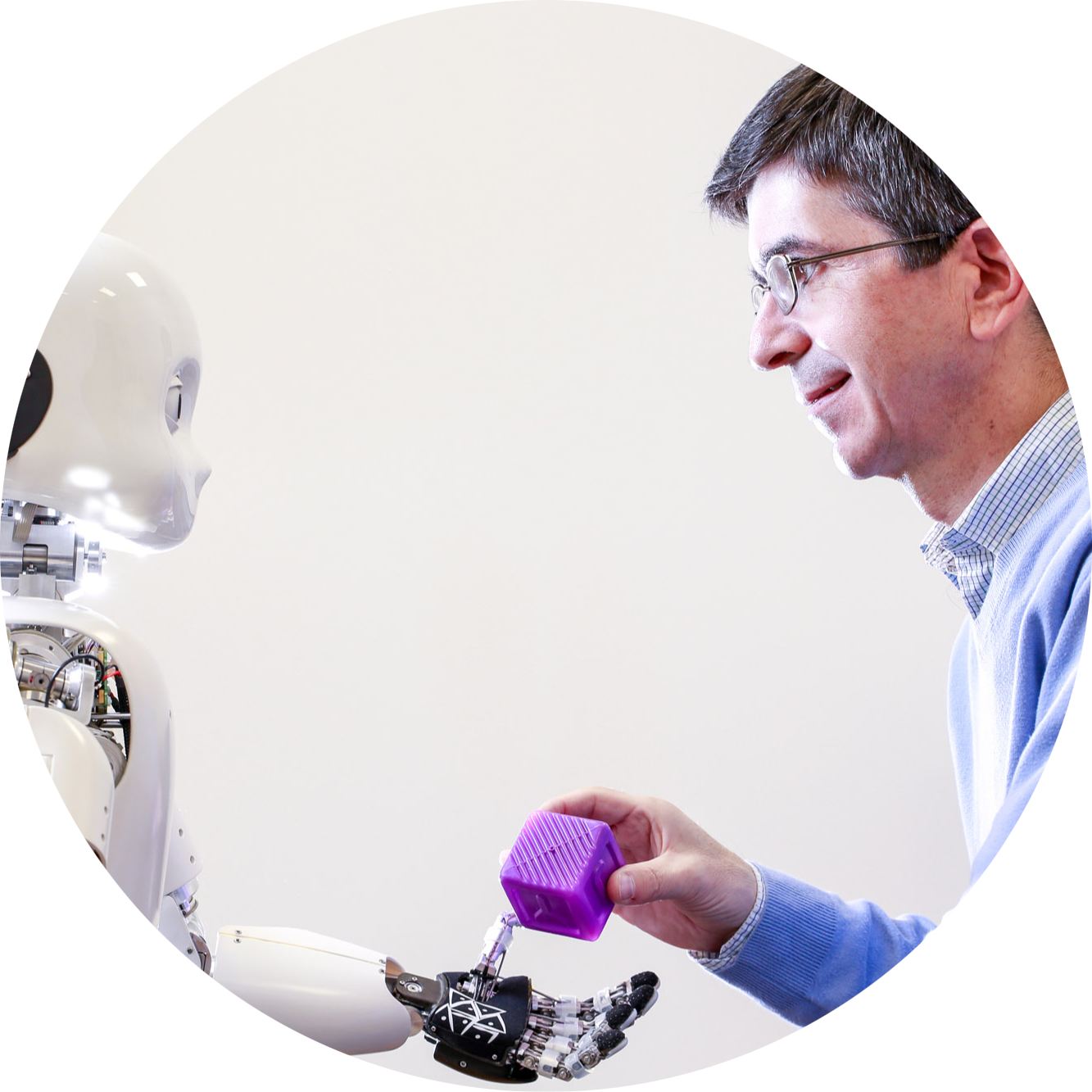
Angelo Cangelosi, University of Manchester: Developmental Robotics – Language Learning, Trust and Theory of Mind (Video)

Yiannis Demiris, Imperial College London: Cognitive Architectures for Assistive Robot Agents (Video)

Kazuhiko Kawamura, Vanderbilt University: Cognitive Robotics and Control (Video)

Jeffrey Krichmar, University of California: Neurorobotics: Connecting the Brain, Body and Environment (Video)

Sean Kugele, University of Memphis: The LIDA Cognitive Architecture – An Introduction with Robotics Applications (Video)

John E. Laird, University of Michigan: The Soar Cognitive Architecture: Current and Future Capabilities (Video)
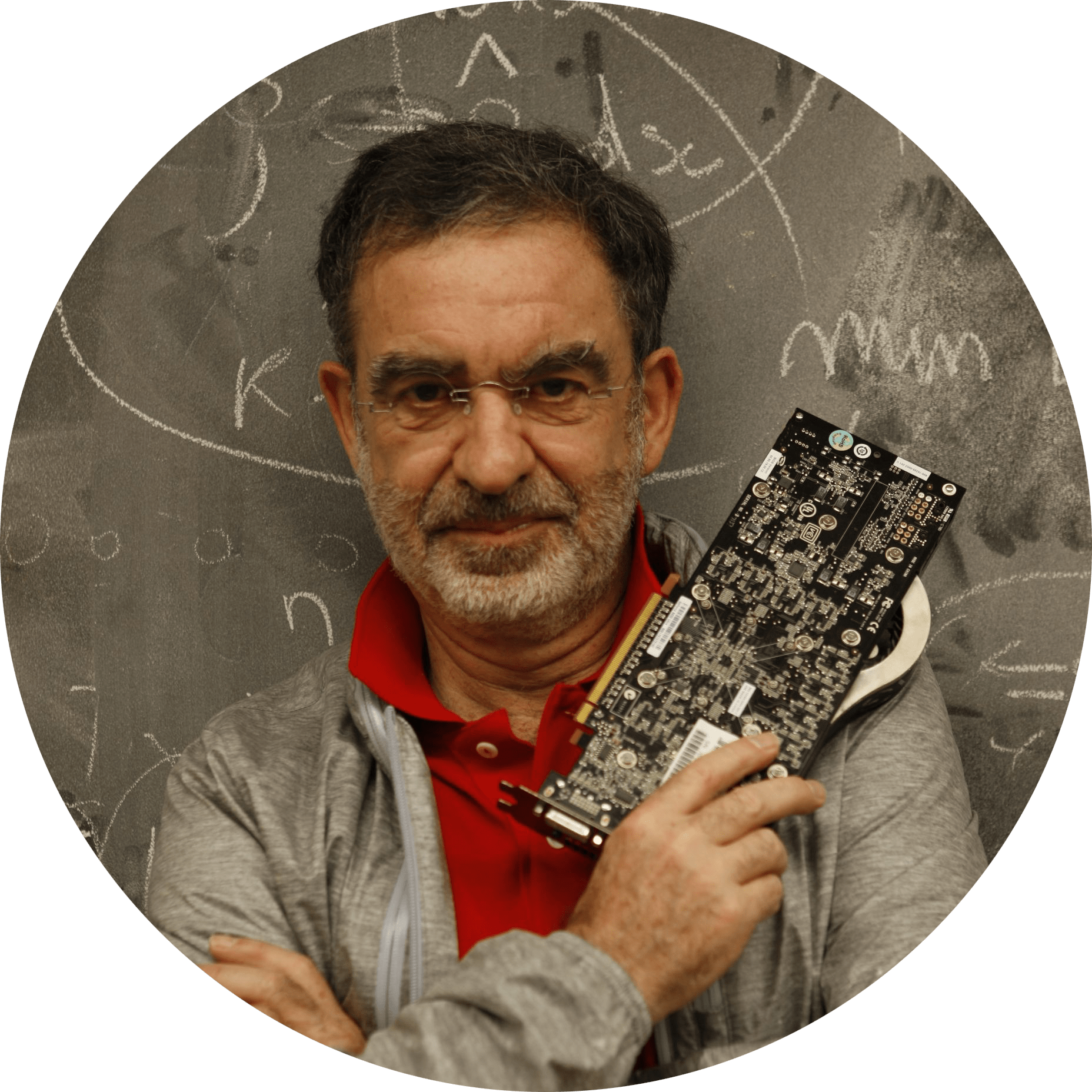
Tomaso Poggio, Massachusetts Institute of Technology: Circuits for Intelligence (Video)
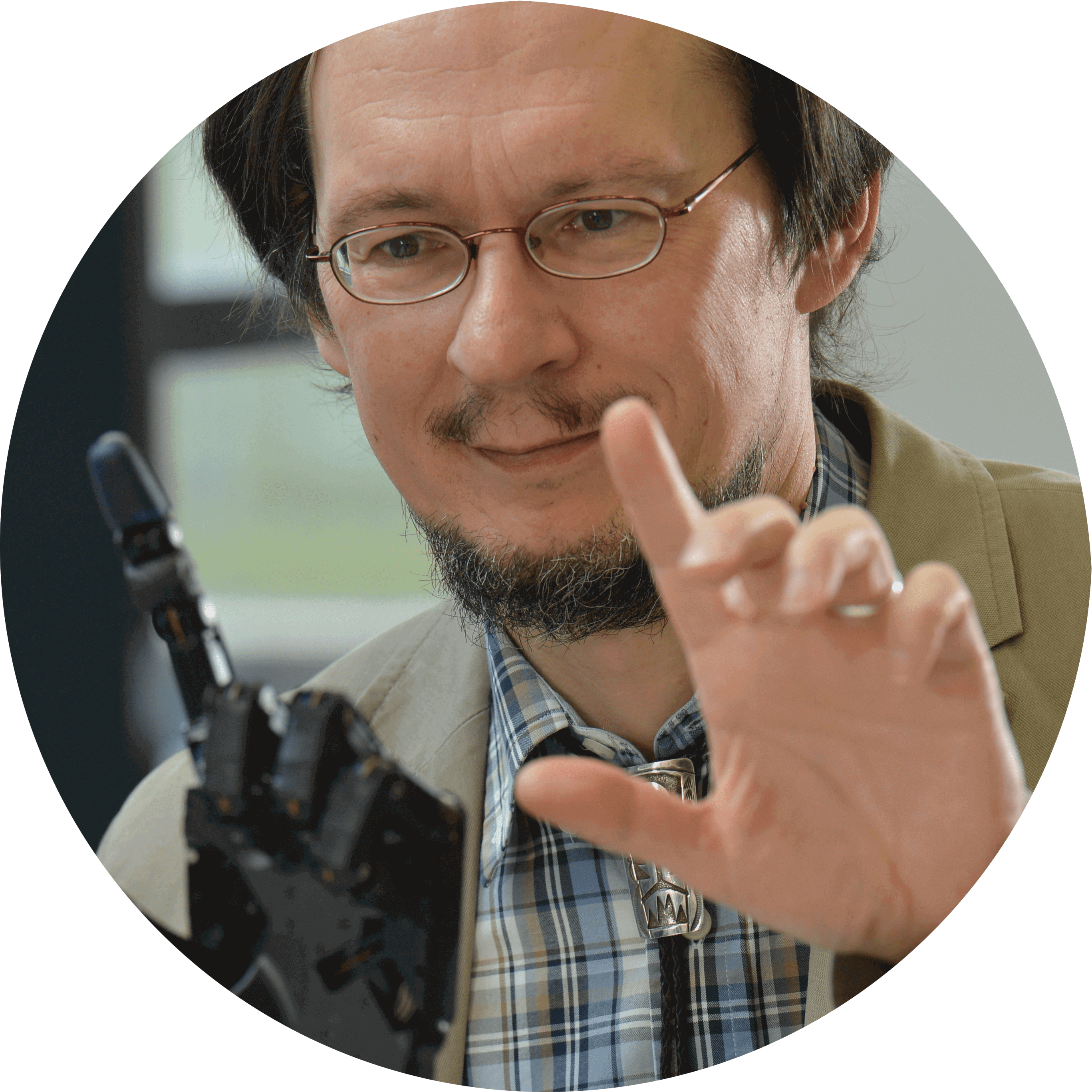
Helge Ritter, Bielefeld University: Collaborating on Architectures: Challenges and Perspectives (Video)

Matthias Scheutz, Tufts University: The DIARC Architecture for Autonomous Interactive Robots (Video)

Alessandra Sciutti, Istituto Italiano di Tecnologia: A Social Perspective on Cognitive Architectures (Video)


Agnieszka Wykowska, Istituto Italiano di Tecnologia: Mechanisms of Human Cognition in Interaction (Video)
The workshop starts on March 22nd and ends on March 28th. During this time, the virtual venue will remain open around the clock. The main activities on every workshop day will take place in three-hour-slots from 9:00 a.m. to 12:00 p.m. in Eastern Daylight Time (EDT) / 2:00 p.m. to 5:00 p.m. in Central European Time (CET). The last two days (March 27th and 28th) are reserved for networking purposes. These activities consist of invited talks and live Q&A sessions followed by breakout sessions for further discussion. As the virtual venue will remain open, the invited talks (pre-recorded videos) can be watched around the clock. Furthermore, three live panel discussions are organized:
In conjunction with the main activities, the venue offers virtual booths providing further information about the invited talks and speakers, a lobby and meeting rooms for networking and a media room for watching additional content about the workshop topic.

Michael Beetz, Institute for Artificial Intelligence, University of Bremen

Giulio Sandini, Istituto Italiano di Tecnologia, University of Genoa
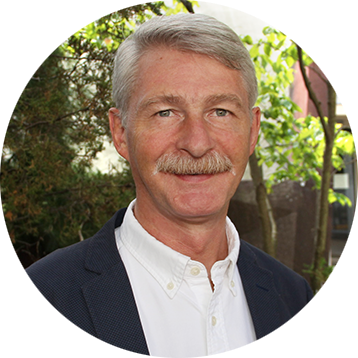
David Vernon, Institute for Artificial Intelligence, University of Bremen

Christian A. Mueller, Institute for Artificial Intelligence, University of Bremen

Alexander Wich, Institute for Artificial Intelligence, University of Bremen
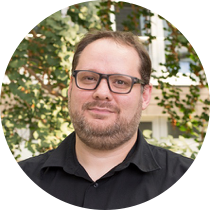
Jörn Syrbe, Institute for Artificial Intelligence, University of Bremen

Maria Hedblom, Institute for Artificial Intelligence, University of Bremen: Moderation

Gayane Kazhoyan, Institute for Artificial Intelligence, University of Bremen: Moderation

Ana Tanevska, CONTACT Research Line, Istituto Italiano di Tecnologia: Moderation
Lisa Frerichs, University of Bremen: Communication
Kelvin Okenye, University of Bremen: Webdesign, Social Media
Lisa-Marie Wei-Qing Liu, University of Bremen: Graphic Design
EASE is an interdisciplinary research center at the Institute for Artificial Intelligence (University of Bremen) that investigates everyday activity science and engineering. Its core purpose is to advance our understanding of how human-scale manipulation tasks can be mastered by robotic agents. To achieve this, EASE establishes the research area “Everyday Activity Science and Engineering” and creates a research community that conducts open research, open training, open data, and knowledge sharing.

The Cognitive Architecture Scientific Initiative – iCog – an open source initiative started at Istituto Italiano di Tecnologia (IIT) with the goal of advancing our knowledge of human cognition by designing, building, and sharing a common cognitive architecture for an embodied artificial system such as iCub.